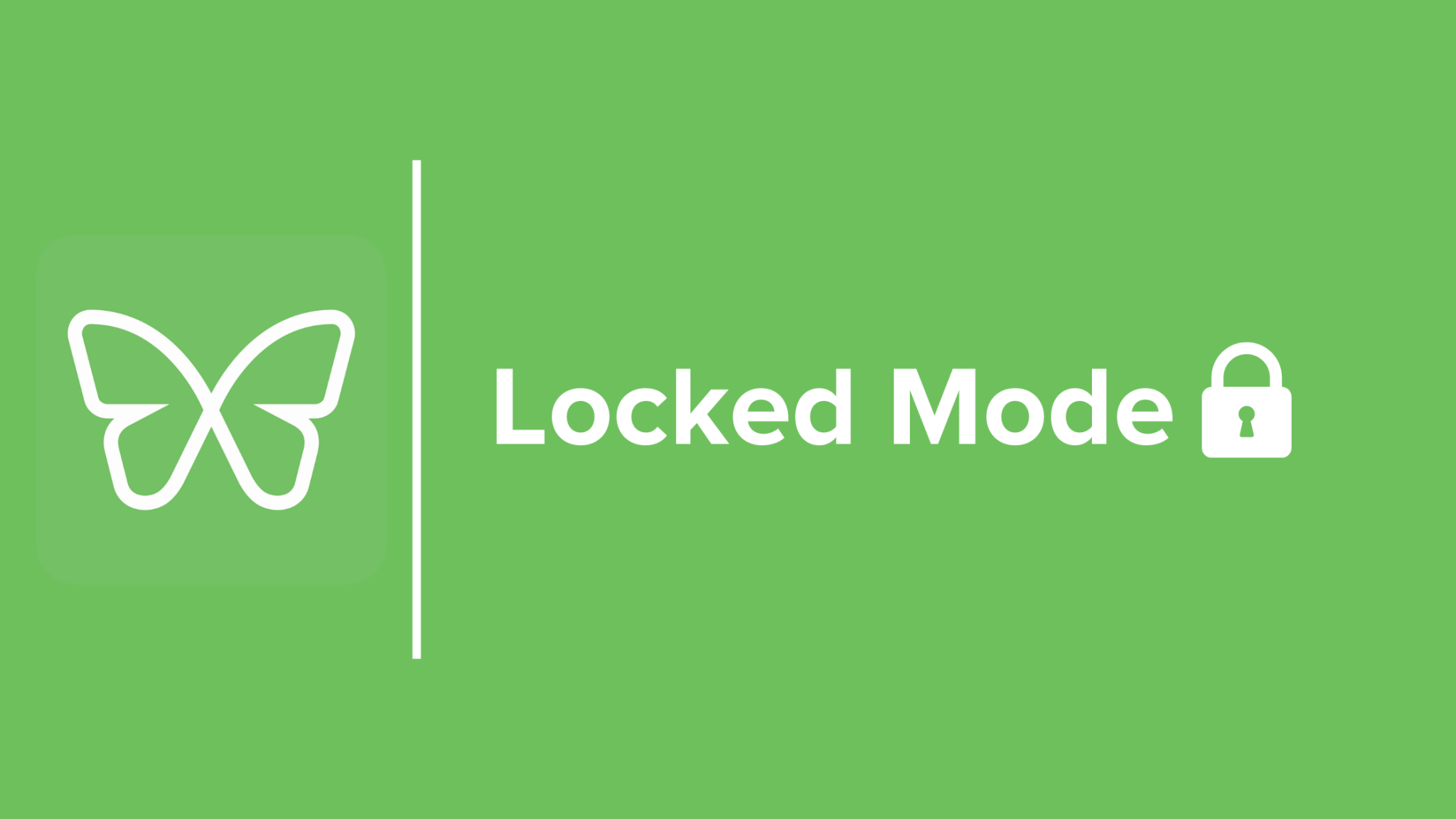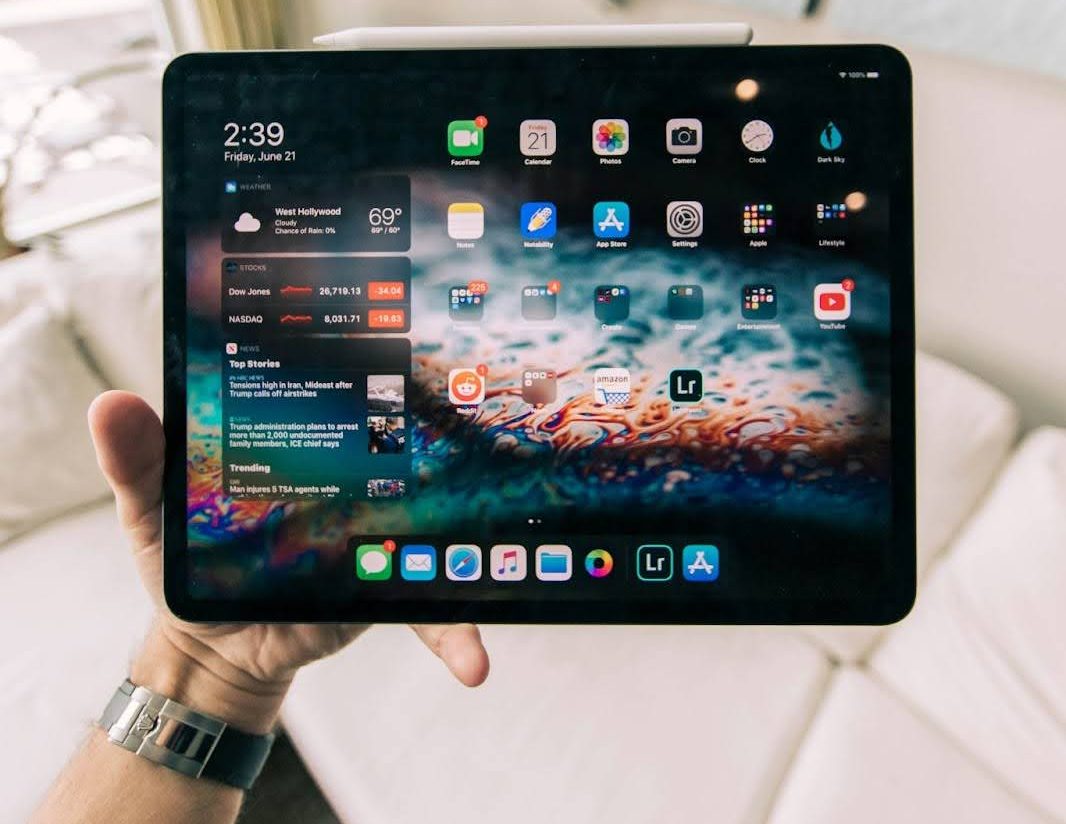Kathleen Fitzpatrick: Finding the Focus to Be A Professor, Director, and Author

At Freedom, we love our users – not just because they use our product, but because they’re cool – cool people working on cool stuff. Academy Award-nominated screenwriters, bestselling authors, editors, journalists, developers, illustrators, podcast hosts, designers, coaches, bloggers, explorers, and entrepreneurs – the Freedom community is packed with curious, creative, and passionate go-getters. We love to share their stories and advice, because how better to learn about productivity than from the productive?
Meet Kathleen Fitzpatrick.
Kathleen is a scholar of digital humanities and media studies. She is currently the Director of Digital Humanities and a Professor of English at Michigan State University. Previously, she has served as the Director of Scholarly Communication of the Modern Language Association, and helped co-found MediaCommons, an innovative scholarly communication initiative.
Kathleen has also authored multiple books including, Generous Thinking: A Radical Approach to Saving the University, Planned Obsolescence: Publishing, Technology, and the Future of the Academy, and The Anxiety of Obsolescence: The American Novel in the Age of Television. When she’s not writing or teaching, she is the project director of Humanities Commons, an open-access, open-source scholarly network used by over 17,000 scholars and practitioners in the humanities.
As someone with so many hats to wear each day, we decided to sit down with her this week and learn how she finds the focus, time, and motivation to do it all.
How did you know that you wanted to be a professor and author and what were your first steps in making this your career? Essentially, how did you get to where you are today?
It’s been a pretty twisted path — in fact, one that mostly looks like a path in retrospect. The wanting to be a writer part came first, but it wasn’t entirely clear to me for a long time what I wanted to write. As the notion of writing about contemporary media culture started to take shape, I thought that I probably needed to go back to grad school to build the vocabulary and the methods I’d need. I somehow had the idea in my head that, having been an English major as an undergrad, I was only qualified to apply to graduate programs in English. I’m glad I did, because I’m very happy about where I ended up, but it’s taken some twists and turns to get here from there.
One of the things that almost inevitably happens in a PhD program in English is that, regardless of what you went in thinking you might want to do, you find yourself fixating on one particular form of what success would look like: becoming a professor. But actually achieving that goal is dependent on so many things that are utterly outside your control, and in particular a highly capricious and idiosyncratic job market. I managed to land the perfect first job right out of grad school — a tenure-track assistant professorship at Pomona College — but there’s so much luck involved in that outcome that it doesn’t feel right to credit myself with any kind of success in that. I was in the right place at the right time, and I’m enormously grateful for it. Everything I’ve done since was really contingent on that piece of luck.
At what point did you realize that tech was taking a toll on your productivity, time, and relationships? When did you know that you had to do something about it?
It’s a complicated problem! I started blogging in 2002 and built both a regular writing practice and a community of other scholars with whom I was reading and writing and sharing ideas. That blog was the foundation of all of the work I’ve done since, and it’s where I published the first work of mine to get widely read and cited. So I know well the power that writing and publishing online can have.
But as the connective work that was done by the blog got more and more spread out through more and more forms of social media, and as the immediate gratification provided by those networks drew conversation away from blogs, it started to feel as though my ability to focus was suffering. Not to mention each day’s tidal wave of utterly urgent email! My attention was fragmented, and the kinds of conversations that had been so productive for me in the early days of blogging were getting harder and harder to have. So a couple of years ago, when I was starting work on my most recent book — Generous Thinking, which is about generosity and attention in intellectual life and the ways they might transform our universities — it was clear to me that something needed to change.
But as the connective work that was done by the blog got more and more spread out through more and more forms of social media, and as the immediate gratification provided by those networks drew conversation away from blogs, it started to feel as though my ability to focus was suffering.
How do you prioritize what gets your time and attention each day?
My organization workflow is pretty well-set right now: absolutely everything I need to do gets put into my task management app as soon as I think of it, and once a week I do a sweep of my email and the notes in my notebook to make sure I haven’t missed anything. Everything gets organized by project or work area, and then everything gets a date — usually less a due date than a to-do date. I try to be realistic about those dates so that what I’m faced with in my “today” view isn’t paralyzing, and I’m pretty good about revisiting tasks and saying “okay, that one is not realistically getting done before next Wednesday” and reassigning it.
So I sit down each morning, usually pretty ludicrously early, and look at what’s on that day’s list, and pull out the top three priorities. And in my notebook I start each day with that day’s schedule and goals. That way I can look back later in the day, once I’ve gotten distracted by all the seemingly urgent stuff coming in, to see where I’d decided to put my attention.
How do you stay focused and motivated on a daily basis? Do you have a routine, ritual, or process that helps to get into a productive flow?
That routine with my task management app and my notebook is part of it, but I’ve found that the key thing for my focus, especially when I’m trying to write, is what I do next. I’m usually at my desk with a cup of coffee in front of me by about 5:30 am, and I have Freedom set to block email, social media, and a few other distractions until 7:00. So I spend that first bit of time, when it’s still dark and quiet, with whatever major project I’m working on. Those are the chunks of time in which I wrote Generous Thinking — a little at a time, morning after morning. I found that if I could immerse myself in it before any of the other business of the day had the opportunity to intrude, I could make steady progress. And I found that if I worked on it every single day, even for just a few minutes, it kept the flow I needed to sustain the project.
What is the most difficult or challenging aspect about your work or working process? Do you have any strategies that you use to help overcome these challenges?
I think the biggest challenge many of us face is fragmentation of our time and attention. In addition to writing, I teach and I direct a program and a research center, which means I’m meeting with colleagues and students every day, and I’m preparing for class and writing grant proposals and dealing with budgets and scheduling and events, and all of that is invariably super-urgent. And when I know there are pressing things in my email inbox, I have a very hard time keeping my attention on the long-term, slow projects that I know to be important. So the ritual I just described — making sure I touch the important things every day, at least briefly, and that I do so before anything else gets to claim part of my attention — is crucial to making sure that I can keep them moving forward.
I’m also pretty ruthless about my email: I keep my inbox as cleaned out as I can, and move things that need to be done to my task management system so that the messages can be archived. Anything that can be dealt with in two minutes or less gets taken care of right away. Everything else gets assigned a date and moved out of sight if at all possible. (The only bad news about this process is that when it fails, it can send my anxiety levels through the roof. Last week I gave a talk a two-hour drive from home. It was about eight hours all-told: drive there, set up, give the talk, mingle at the reception, drive home. And when I got home I had 50+ messages waiting. There was a lot of deep breathing and one-thing-at-a-timing until I got that cleared out!)
I think the biggest challenge many of us face is fragmentation of our time and attention.
What resources or tools do you use daily and have found most beneficial to your working process?
I use a series of writing tools — Bear and Scrivener, most notably — that let me focus in on a piece of a large project rather than needing to think about it in its entirety all the time. Things is my task-management app. I use my trusty Moleskine for taking notes in meetings. All of these things help me keep all my stuff in one place, and all function as key parts of my workflow.
The one thing I’m not as happy with as I want to be right now is email and calendaring. I’ve had good experiences with several clients that have features like the ability to snooze messages and then have them reappear in your inbox at a time you set. But my university uses Office 365, and in order to have access to my team’s calendars I need to use Outlook. And Outlook has many nice features, but no snooze. Someday, maybe.

What projects are you currently most excited about?
Generous Thinking was just published in February, and I’m at that point of thinking about the ideas that didn’t quite make it into the book, or that have come out of conversations since the book’s release, and trying to decide if there’s a next project in one of them. It’s an exciting phase; what I most need to do is block out time to do a lot of reading and note-taking and thinking about what might be ahead.
What do you do outside of your work routine that helps you stay healthy and productive?
I try very hard to maintain a pretty regular routine: I go to bed ridiculously early in order to support my early morning writing time. After that, I hop on my exercise bike and then try to get in a few minutes of meditation when I’m done. And then I’m into the daily sprint: shower, get dressed, pack lunch, get to the office. But if I can control those first few hours of the day, everything that follows feels a lot easier.
Where are you currently based?
East Lansing, Michigan.
To learn more about Kathleen Fitzpatrick or her work, you can visit her site at kfitz.info.


